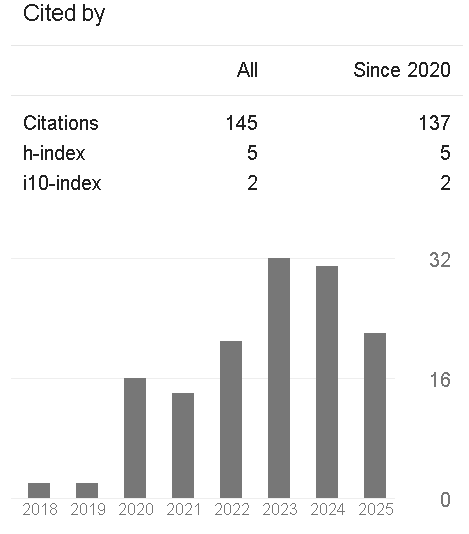The Custom of Distant-Marriage: A Juristic Analytical Study
عادة زواج المسافة: دراسة فقهية تحليلية
DOI:
https://doi.org/10.31436/ijfus.v2i2.102Abstract
This research presents a marriage custom called the custom of "Distant-Marriage," where the guardian is intentionally excluded during the marriage contract without any necessary reason that called for it. The researchers discuss about legal marriage and its conditions which include (according to the sound view of Muslim jurists,) the consent of the guardian. The researchers also mention the different opinions of jurists concerning this guardianship during the marriage contract, followed by the evidence of each School of Islamic Law and then state the fairest opinion on the matter. In addition, the researchers mention the pillars of marriage, its rulings, and its purposes because of which it has been legislated. All of this is mentioned as an introduction to the main subject of the research. Then the researchers move to talk about the crux of the subject which is "Distant-Marriage" with its definition, and the reasons that facilitated its spread among Muslims. The researchers then speak about the effects and damages caused by “Distant-Marriage,” including the large number of divorces, the displacement or homelessness of children and the separation between relatives and family members. Finally, the researchers talk about the position of Shafi'ī School of Law on “Distant-Marriage” indicating that this marriage is not related to this School of Law. Therefore, the researchers state that “Distant-Marriage” violates the method of Islamic legal marriage, and that Muslims must avoid it.
Keywords: Legal Marriage, Distant-Marriage, Guardianship in the Marriage Contract, Juristic Rulings, Madhahib
Downloads
Metrics
Downloads
Published
How to Cite
Issue
Section
License
Copyright (c) 2018 IIUM Press

This work is licensed under a Creative Commons Attribution-NonCommercial 4.0 International License.
The IIUM journal follows the open access policy.
Consent to publish: The Author(s) agree to publish their articles with IIUM Press.
Declaration: The Author(s) declare that the article has not been published before in any form and that it is not concurrently submitted to another publication, and also that it does not infringe on anyone’s copyright. The Author(s) holds the IIUM Press and Editors of the journal harmless against all copyright claims.
Transfer of copyright: The Author(s) hereby agree to transfer the copyright of the article to IIUM Press, which shall have the exclusive and unlimited right to publish the article in any form, including in electronic media. However, the Author(s) will reserve the right to reproduce the article for educational and scientific purposes provided that the written consent of the Publisher is obtained. For the article with more than one author, the corresponding author confirms that he/she is authorized by his/her co-author(s) to grant this transfer of copyright.





















